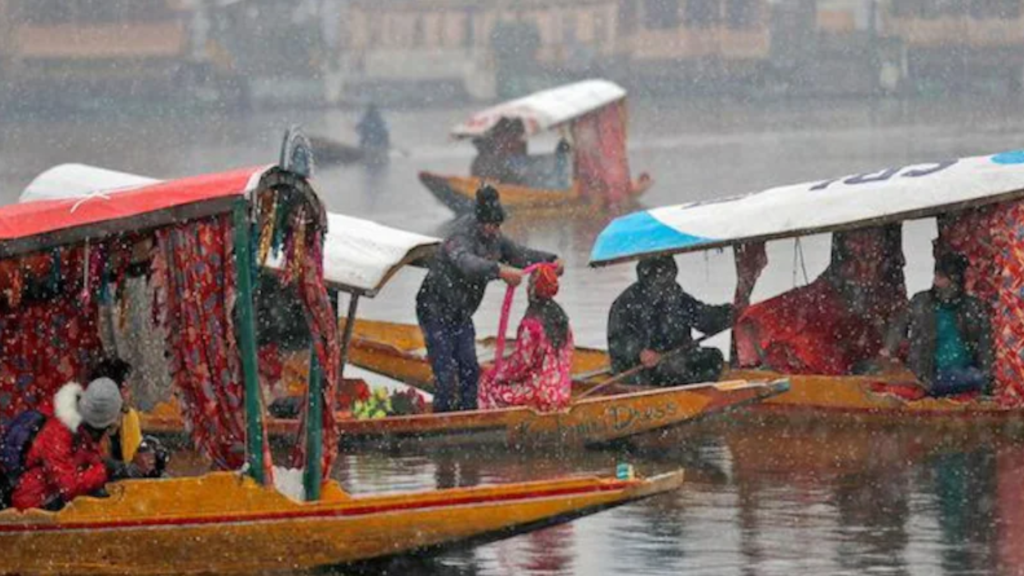
Kashmir’s Tourist Destinations Have Become Immorality Hubs
Zunain Kralpori
Not long ago, I used to visit with my friends to different tourist destinations. To those places that were crowded with people and also to those destinations that were relatively calm and soothing. One of my friends often used to give Azaan in open meadows and another used to lead the prayers. It was soul soothing. We used to travel in far off places and bath in natural rivulets and lakes.
It is not that any immoral activity did not happen in these places. We ourselves used to see some untoward movement and immediately stopped it. There were other guys who used to patrol and see if things were going in a right direction in most of these places except Gulmarg and Pahalgam where situation was already worse. Then they banned student organizations with Islamic leaning and cracked down on our very faith. Nobody now ventures out voluntarily to stop our society from this moral degradation. And now, all these places have become hubs for extreme immoral activities and unfortunately enough, nobody musters courage to take any steps to stop it. We are seeing teenage boys and girls indulging in intimate scenes, outsiders stalking women and drinking publicly, people doing drugs without any fear. All this is happening and nobody seems to stop it. Immorality is deliberately spread among the youth of Kashmir. The recent incident in some park is not a single case. Such immorality is rampant now.
The rise of drug use in these areas is particularly troubling, as it points to a deeper social malaise. What’s most concerning is the apathy that has taken hold. The moral guardians of society have been silenced, either out of fear or indifference, allowing this degradation to continue unchallenged.
The spread of immorality in Kashmir is not a random occurrence; it is a strategy. In occupied territories, moral corruption is often used as a tool of control. By degrading the youth, the occupiers aim to create a generation that is disconnected, disempowered, and indifferent to the realities of their own oppression. This tactic not only weakens the social fabric but also diverts attention away from more pressing issues, like the ongoing struggle for freedom. It is not that these actions are explicitly organized, but rather that such immoral activities are permitted without any significant restrictions or consequences. This permissiveness is prevalent and allows these behaviors to spread unchallenged. Moreover, no organizations, volunteers, activists, or religious leaders are permitted to oppose or campaign against this moral decay. Any attempts to do so are often suppressed, ensuring that the degradation continues unchecked. We have to ask ourselves a question: How long will we allow this degradation to continue? How long will we remain silent as our cultural values are systematically eroded? The transformation of Kashmir’s tourist destinations into hubs of immorality is not just a loss for those who remember better days—it is a threat to the identity and future of the region itself. It is important that we reclaim these spaces, not just for their natural beauty, but for the values they once represented. This requires a collective effort to resist the forces of moral decay and to restore the sanctity of both our lands and our lives.



